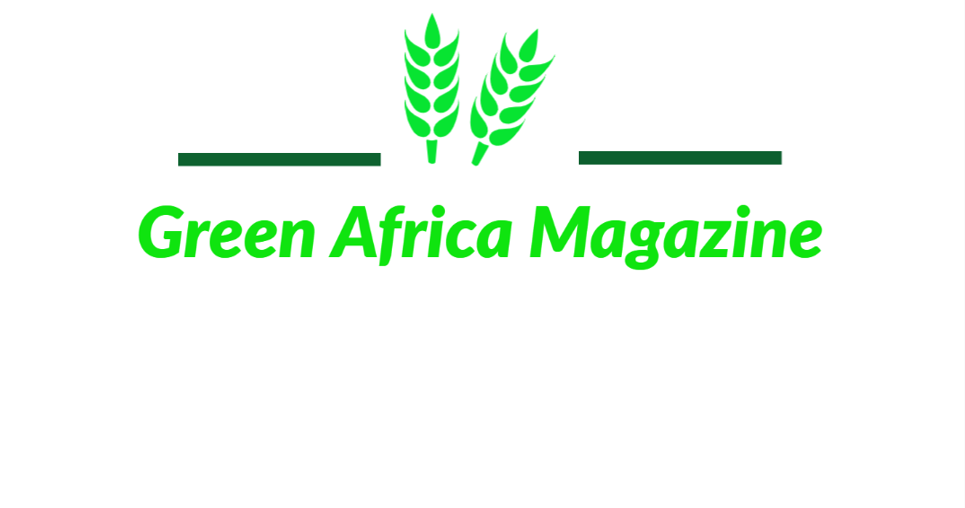The Ministry of Food and Agriculture (MoFA) has assured Zoomlion Ghana Limited (ZGL) of the government’s support in the company’s bid to produce quality organic fertiliser on a large scale.
That, he said, would help bridge the gap in the supply of inorganic fertiliser in the country.
Dr Akoto gave the assurance when he toured the Accra Compost and Recycling Plant (ACARP), a facility owned by Zoomlion, at Adjen Kotoku in the Greater Accra Region, yesterday.
He was accompanied by some senior officials of the ministry.
The tour afforded the minister and his team the opportunity to learn about the operations of ACARP in general and particularly its organic fertiliser production.
Capacity
According to Dr Akoto, Zoomlion, with its recycling and compost plants dotted across the country, had the capacity to produce organic fertiliser on a large scale to feed “our farmers”.
The minister said he was highly impressed by ACARP’s organic fertiliser production process, adding: “I am confident Zoomlion, with this capacity, will be able to help bridge the fertiliser shortage in the country.”
“Zoomlion, as the leading company in organic fertiliser production in the country, has a huge potential to produce quality organic fertiliser to address the fertiliser shortage which has hit Ghana,” he added.
Shortage global
He said the shortage of inorganic fertiliser on the market was a global issue, attributing it to the COVID-19 and the ongoing war between Russia and Ukraine.
Dr Akoto stressed that the government was determined to ensure that agriculture was not disrupted by happenings globally, saying: “We are determined to ensure that our farmers get all the supplies that they need, so that they are not affected by the global crisis of inorganic fertiliser shortage.”
He said the country stood to make significant gains on the international market if it managed to develop organic fertiliser for farmers.
“The product of the application of organic fertiliser is organic food, which has a huge premium on the international market, so we can, as a country, make a lot of gains if we are able to develop our organic fertiliser,” he explained.
Dr Akoto disclosed that following his engagement with 18 leading organic fertiliser suppliers, they indicated that they could supply more than they had been allocated.
He said the ministry would set a flexible quota for organic fertiliser suppliers to meet as a means of trying to bridge the fertiliser gap created as a result of interrupted supply systems.
“In the case of Zoomlion, we started with about 2,000 metric tonnes in 2017, which has gone up to 7,500. By the end of this year, they say they have the capacity for 150,000 metric tonnes. We will challenge them by giving them that quota,” he said.
Enhancing quality
The Executive Chairman of the Jospong Group of Companies, Joseph Siaw Agyepong, disclosed that by the end of the year, his 20 integrated recycling and compost plants (IRECoPs) would together produce 150,000 metric tonnes of compost annually.
He said a team of experts was in place to enhance the quality of the compost produced by his companies to inure to the benefit of farmers.
“We have also dedicated some funds for research work to make sure that the quality of our compost is not compromised,” he stated.
While commending the minister for the visit, Mr Agyepong appealed for more of such engagements.
He said the ongoing construction of 16 IRECoPs across the country would be completed by the end of the year.



